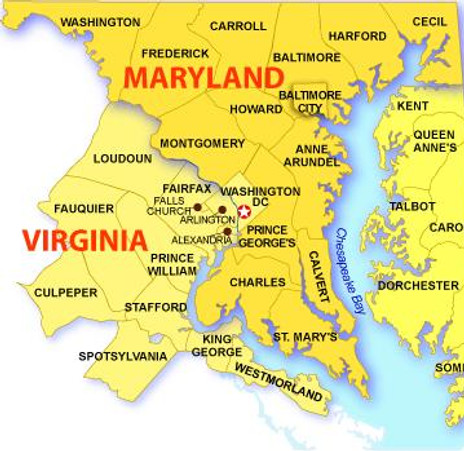HNRS 398
Juliana, Emma, Madeline, Maddy, and Heather
Long story short: teachers want to teach.
How DMV teachers navigate bans and barriers on classroom content

The Problem
Book bans (removal from curricula and libraries) and challenges (attempts to remove books) are on the rise in the United States, particularly in states like Florida and Texas but reaching across the nation. In 2022, the American Library Association (ALA) reported over 1,200 complaints on more than 2,500 books, which is a record high that nearly doubles the total from 2021. Many recent bans and challenges focus on books about gender and sexuality, with Maia Kobabe's Gender Queer topping the list.
These restrictions directly impact the content that all students are exposed to, with the potential to hurt LGBTQ+ students the most. Giving students the resources and space to explore their own and their peers' identities is imperative to a positive, welcoming school environment. Book bans instead create a "culture of fear" in the classroom the harms teachers, students, and communities.
While these types of restrictions are explicit, there are also many forms of implicit content restrictions that affect what is taught in the classroom.
We are particularly interested in the point of view of teachers as they deal with these building restrictions.

Our Research
We interviewed seven public school teachers in the D.C., Maryland, and Virginia area to gain their perspectives on navigating restrictions on content in the classroom.
We found that, while teachers do have some freedom to navigate explicit and implicit restrictions in their classrooms, they feel that much of this work is out of their control and is up to outside forces. Teachers then work within these restrictions using smaller methods of subversion on a day to day basis.
Ultimately, content restriction in all its forms exists as a method of systemic oppression of students and teachers.
Click below to listen to our podcast episodes, featuring audio clips from the interviews and our group's analysis.
Freedom Dreaming
Freedom dreaming, a concept coined by scholar Bettina Love, is defined as “a dreaming that is not characterized by whimsical, unattainable daydreams, but rather critical and imaginative dreams of collective resistance.”
The final episode of our podcast focuses on our group's freedom dreams for the future of public education. The education system in our country has many flaws, and we are hopeful that positive change is in the near future.
Our Team
Our group includes five sophomores from the American University Honors program and covers a range of majors, minors, and interests. Our faculty mentor is Dr. Amanda Taylor, who is currently serving as Assistant Vice President for Diversity, Equity and Inclusion at AU and has an extensive background in education.
We are all passionate about education equity and expanding access to knowledge. We are especially interested in exploring these topics in the context of the DMV, since it surrounds our campus and includes a vast amount of diversity in political views, socioeconomic status, and other factors that influence public education. Here's some information about each of our group members!
Our Teachers

We interviewed seven public school teachers with a wide range of years of teaching experience, grade levels, subjects, types of schools, and experiences with content restriction.
We're keeping their identities anonymous, but here's some general information about the teachers we spoke to.